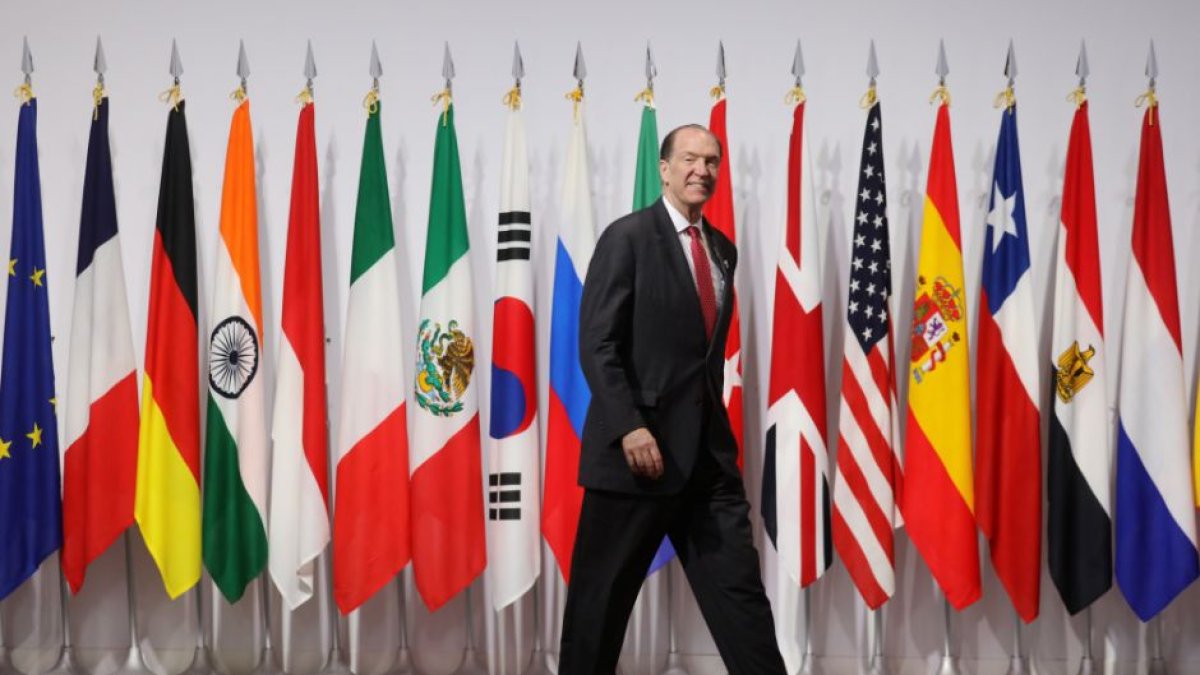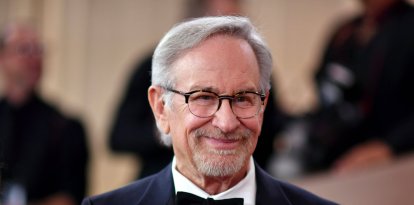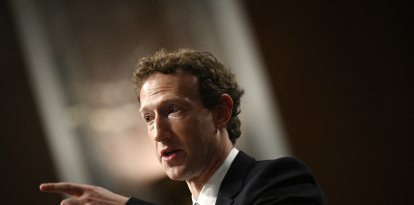World Bank president resigns after pressure from environmental radicals
David Malpass announced that he will pursue "new challenges." His tenure was marked by accusations of climate change denial.

(Cordon Press)
David Malpass announced that he will step down as president of the World Bank on June 30, one year before his term expires. In a statement, the president said he was "proud" of his work at the head of the institution for more than four years. Beyond his economic achievements, his administration was marked by controversy due to criticism from climate activists, led by Al Gore, who accused him of denying climate change and demanded his resignation. His resignation clears the way for Biden to nominate a like-minded person for the position.
Although Secretary of the Treasury Janet Yellen spoke highly of Malpass' performance during this time, his relationship with the Biden Administration was never strong. Malpass, who was nominated for the position by Donald Trump, made a statement in 2007 in which he said that doubted whether there was a direct link between carbon emissions and climate change. The criticism for these words, which have always been used by environmentalists and climate activists to question him, reached a climax last September. Maplass responded, "I am not a scientist," when asked if he accepted the "overwhelming scientific consensus" that the burning of fossil fuels is causing global temperatures to rise.
Criticism from the White House
His non-response provoked a barrage of criticism from personalities such as Al Gore, who demanded his resignation. This was rebuked by Yellen. White House Press Secretary Karine Jean-Pierre said of Malpass at a press conference, "We disagree with the comments made by President Malpass. We expect the World Bank to be a global leader of climate ambition and mobilization of significantly more climate finance for developing countries."
Since then, Malpass' work at the helm of the World Bank has come under even more scrutiny and the Administration's spotlight. Following his resignation, Al Gore was quick to applaud and indicate to the White House that it should think about climate change before choosing a replacement. In a Twitter thread, the former vice president noted that "this must be the first step toward real reform that places the climate crisis at the center of the bank's work."
Poverty and economic growth
Despite criticism and pressure, the climate was never a priority for Malpass's management. In his farewell statement, the World Bank executive himself highlighted his goals and main achievements:
COVID and war in Ukraine
In a LinkedIn post, Malpass highlighted his handling of the COVID-19 pandemic and the outbreak of the Ukrainian war as the major milestones of his tenure.
"Verifiable" gas reduction
In addition, Malpass gave a nod to his detractors, highlighting the improvements made towards sustainable growth, especially with regard to the "verifiable" reduction of greenhouse gas emissions.
Possible replacements for Malpass
Although there is no official candidate yet, there are several names that have been bounced around for some time: Rajiv Shah, director of the Rockefeller Foundation; Samantha Power, director of the U.S. Agency for International Development; and Indra Nooyi, former chairman and CEO of PepsiCo.

























